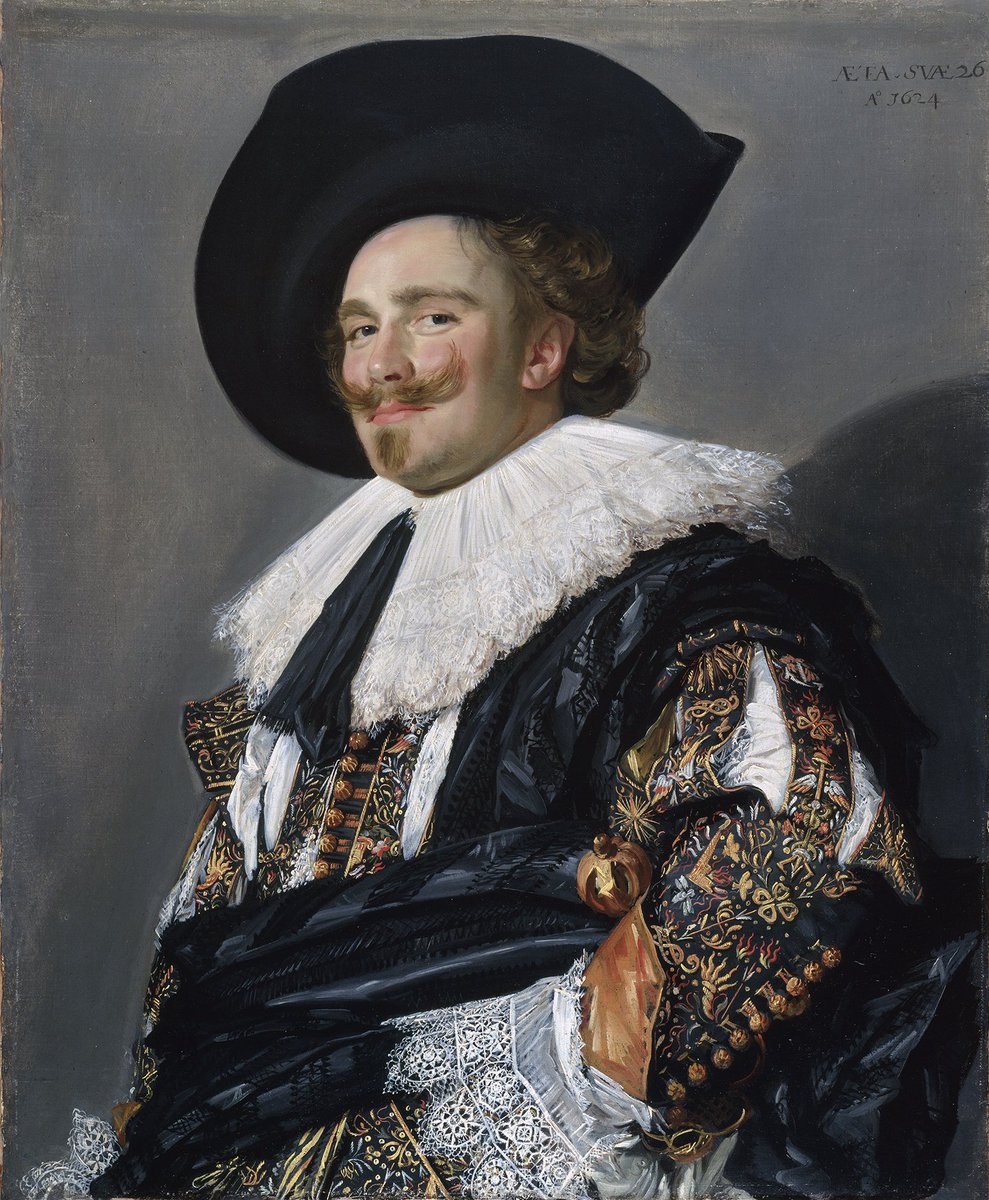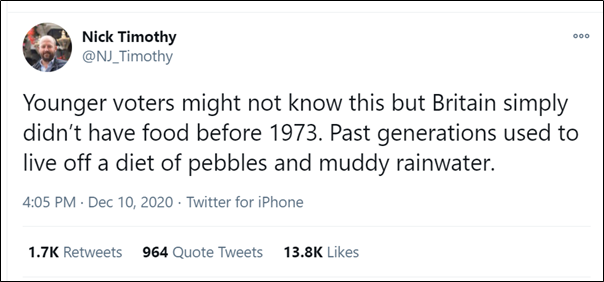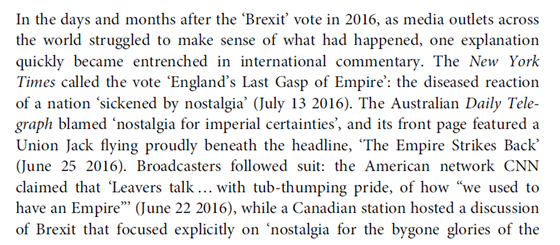
The big story in Parliament today really isn't which of three bad options the Opposition parties will choose. It is the absolute travesty of parliamentary democracy that is about to play out: a microcosm of the shattering effect Brexit has had on our constitution. [THREAD]
MPs are being asked to shovel through, in a single day, a bill that was published yesterday, implementing a treaty agreed six days ago, which comes into force tomorrow night. The European Communities Act 1972 was debated in Parliament for 300 hours. Today's bill will get about 5.
MPs will have at most four minutes to speak on a trade agreement covering more than 1,200 pages. Few will have had time to read it anyway, and their votes will mostly be cast by the Whips. The entire charade will be over shortly after lunch.
Today's legislation doesn't just transform our trade relations. As @jeff_a_king points out, it gives ministers the power to rewrite vast swathes of domestic law without further scrutiny. It is a massive transfer of power from Parliament to the Executive.
https://twitter.com/jeff_a_king/status/1344072893026729990?s=20
Parliament has to do this with the legislative equivalent of a gun to its head. The UK's current terms of trade with the EU cease to exist in 48 hrs. MPs cannot inflict a crash-out on their constituents, so all that's left for the Opposition parties to argue about is positioning.
It is very doubtful, watching today's proceedings, whether the UK can still accurately be described as a "parliamentary democracy". It is, increasingly, an "executive democracy", in which the largest party doesn't just dominate Parlt, but actively removes it from decision-making.
Brexit has turbo-charged what @davidallengreen & Thomas Poole call "the Executive Power Project": the transfer of power & democratic legitimacy from Parliament to the largest party. This should alarm anyone who thinks that scrutiny, debate & pluralism are important to a democracy
As @Brigid_Fowler writes here, "The UK Parliament’s proceedings on the TCA will be a farce"; "an abdication of Parliament’s constitutional responsibilities to deliver proper scrutiny of the executive & of the law." hansardsociety.org.uk/blog/parliamen…
Ministers have indeed "taken back control" - not from "Europe", but from Parliament. Britain's parliamentary democracy emerged out of a 300-year struggle between Parliament and the Executive. It is the cavaliers, not the parliamentarians, who will be laughing tonight. 

• • •
Missing some Tweet in this thread? You can try to
force a refresh







